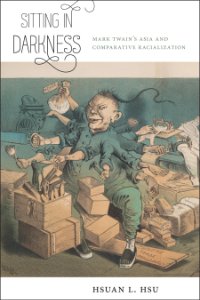By EDNA FERBER, IRVIN S. COBB, PETER B. KYNE, JAMES OLIVER CURWOOD, MEREDITH NICHOLSON, and H. C. WITWER. Edited by RAY LONG. Preface by Colin Heston.
In this book, you will find a rare and intimate glimpse into the minds of some of America’s most celebrated storytellers of the early twentieth century. Edna Ferber, Irvin S. Cobb, Peter B. Kyne, James Oliver Curwood, Meredith Nicholson, and H. C. Witwer—names that graced the covers of magazines and the shelves of countless homes—come together in this unique collection to share the stories they themselves hold dearest.
Unlike anthologies chosen by editors or critics, this volume is deeply personal. Each author was invited to select the work that, in their own judgment, best represents their craft, their ideals, and their voice. These are not merely stories—they are reflections of character, ambition, and artistry, chosen by the creators themselves.
The idea behind this book is simple yet profound: who better to decide what is “best” than the writer who gave the story life? Here, you will encounter tales that stirred their authors’ hearts, stories that perhaps marked turning points in their careers, or pieces that captured the essence of their creative spirit.
As Ray Long, the distinguished editor of Cosmopolitan, notes in his introduction, this collection is more than entertainment—it is a testament to the enduring power of storytelling and the pride of authorship. It invites readers not only to enjoy these narratives but to appreciate the personal significance they hold for their creators.
So turn the page and step into a world where the voices of six remarkable writers speak directly to you, offering the stories they love best. In doing so, they reveal something more than plot and character—they reveal themselves.
NY. International Magazine Company. 1925. Read-Me.Org Inc. New York-Philadelphia-Australia. 2026. 157p.





















